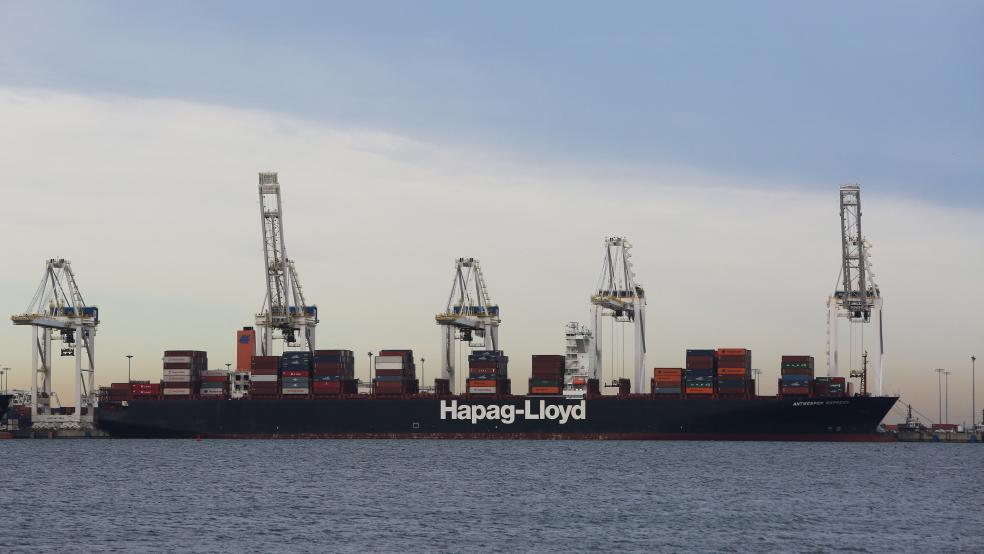MONTREAL (Reuters) - Canada said on Tuesday it would sign onto a revised 11-member Asia-Pacific trade pact after pushing to secure a better deal, underpinning a government drive to diversify exports amid doubts over NAFTA.
Prime Minister Justin Trudeau told reporters at the World Economic Forum in Davos that he helped push for an improved deal, showing how important the trade file has become for him personally.But a major labor union and a group representing auto parts manufacturers said the deal would cause job losses.Trade officials signed off on a final text earlier in the day after a meeting in Tokyo to overcome challenges such as Canada's insistence on protection of its cultural industries.The deal agreed to the suspension of intellectual property and investment dispute provisions that had been a concern. Trade Minister Francois-Philippe Champagne said the deal would also grant full access to Japan's auto market for the first time."Diversification is key for Canada ... for us opening up markets is essential," he told reporters in Toronto. A previous round of talks last November ended in disarray after Canada objected to parts of the proposed text and Trudeau was lambasted for missing a key meeting with Japan's prime minister on how to secure a deal.The breakthrough came on the same day that negotiators started the sixth and penultimate round of talks on the North American Free Trade Agreement, which U.S. President Donald Trump has repeatedly threatened to abandon.The Unifor private sector union and Canada's Automotive Parts Manufacturers Association complained Champagne had not warned them at meetings earlier this week that the deal was about to be agreed.Unifor head Jerry Dias said that at a time when Canada is facing U.S. demands at NAFTA to increase the North American content of autos from the current 62.5 percent, the new TPP deal would allow the duty-free import of parts which contained a maximum of 35 percent of components from member nations.This would allow the greater use of cheaper parts from Asian nations, causing havoc in the domestic industry, he added."The simple reality is what happened with the TPP completely undermined what's happening in Montreal over NAFTA," said Dias."They have just cut the legs off of the entire Canadian negotiating team here on NAFTA," he told reporters.The Canadian Agri-Food Trade Alliance welcomed the deal, saying it would help boost food exports to Japan. (Writing by David Ljunggren; Editing by Chizu Nomiyama and Susan Thomas)Canada to sign Pacific trade deal, labor and auto sectors fume

BEN NELMS



